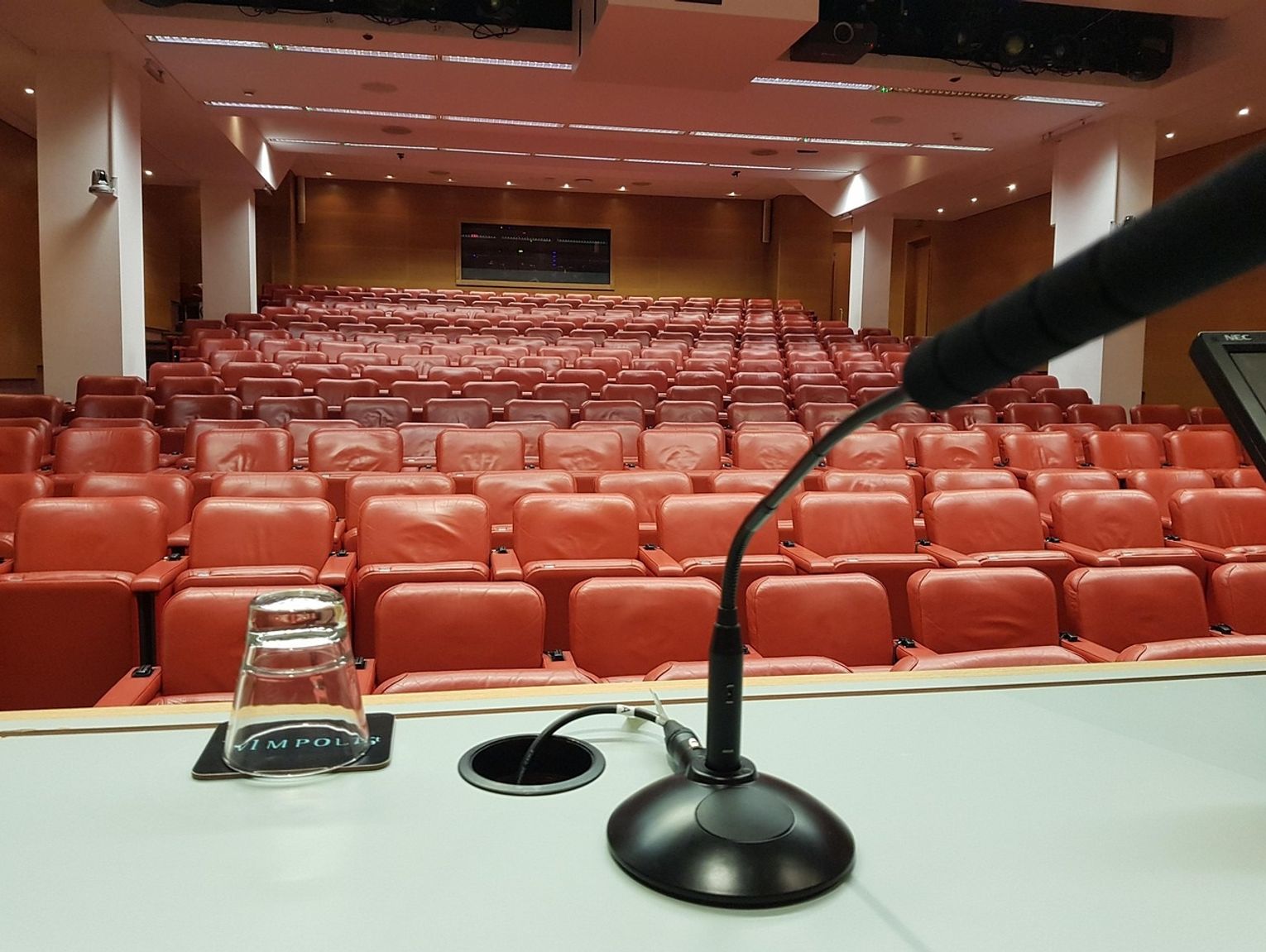
Является ли дело Эпштейна переломным моментом?
Автор Чарльз Хью Смит в блоге OfTwoMinds,
Возможно, когда мы оглянемся назад на дело Эпштейна, мы поймем, что оно подорвало веру американцев в их политические и правоохранительные институты.
Нам говорят, что дело Эпштейна - это старые новости, здесь нечего смотреть, двигайтесь вперед, но я не уверен. Это может быть противоположностью Старые новостиЭто переломный момент в американской истории.
Моменты водораздела могут быть внезапными, драматическими событиями, которые мы все переживаем как «ничто не то же самое после этого», или длительными кризисами, которые мы различаем, были водоразделами, оглядываясь назад.
Дело Эпштейна может быть вторым типом водораздела, распознаваемым только в зеркале заднего вида. В своем посте Джефф Эпштейн, MAGA и Монополии Мэтт Столлер сделал два примечательных замечания:
1. Движение MAGA, которое включает в себя множество фракций, придавало большое значение делу Эпштейна как наиболее вопиющему проявлению злоупотребления властью элитой. Похоронение файлов еще раз доказывает, что могущественные, которые были бы разоблачены, снова уклонились от ответственности.
2. Скандал — это не то, что было скрыто, это то, что Эпштейн действовал на виду.
Эссе Наоми Вольф «Сеть в мирах элит» раскрывает огромный охват вербовки Эпштейном элит по всей структуре власти Америки, как я называю с 2007 года. Элиты сохраняют и расширяют мировое господство.
Эта структура не является Глубинное государствоОн намного больше и так же укоренилсяПотому что это «сумма больше, чем части» собрания всех американских элит и элитных институтов. мягкая и жесткая сила Проекция. (Мягкая сила: культурное, институционализированное влияние, невоенные системы; жесткая сила: военная, дипломатическая, финансовая).
Операция Эпштейна была неформальной сетью властных элит, начиная от политики и заканчивая научными кругами, СМИ и Big Tech.
Французское слово ангренажи Здесь приходит на ум: Обычно переводится как шестерня, но более уместно, возможно, это также означает, что вы застряли в шестерне, которая необратима из-за конструкции и механики системы, а затем оказались в неизбежной серии событий.
Другими словами, сеть Эпштейна была не аберрацией, а оптимизацией системы статус-кво. Это табу, которое нельзя произносить вслух. Теперь каждый, кто оказался в ловушке, также является участником неизбежной череды событий.
Мое резюме дела Эпштейна: Элиты не выше закона, нет закона. Это то, что выставляется на всеобщее обозрение, но мы отказываемся признавать это, поскольку это означает, что демократия и верховенство закона являются удобными измышлениями, используемыми для поддержания общественного соблюдения.
напомнить Принцип неофеодализма Смита #1: Если граждане не могут заменить клептократическое авторитарное правительство и/или ограничить власть финансовой аристократии на избирательных участках, нация является демократией только по названию.
Дональд Трамп был избран, чтобы «осушить болото», но дело Эпштейна ясно дает понять, что Обе политические партии Америки — «Болото». Ни одна из сторон не делала ничего, кроме как скрывала, неправильно направляла или прямо отказывалась разоблачать дело Эпштейна.
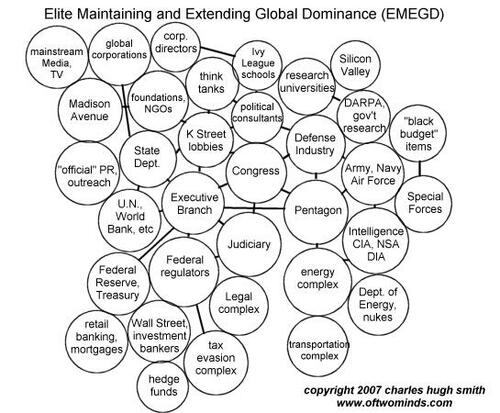
Я понимаю, что многие из вас сторонники партии, поэтому давайте проведем мысленный эксперимент. Возьмем, к примеру, центральноазиатскую страну Корруптистан, которая в настоящее время переживает жутко похожий скандал с темным, хорошо связанным «исправителем», который собрал 1,5 миллиарда долларов через более чем 4000 банковских переводов из нераскрытых источников, который управлял обширной сетью грязной сексуальной эксплуатации несовершеннолетних наряду со многими наземными схемами распространения влияния, соединяющими элиты в различных областях.
Номинально демократия, политическая власть в Корруптистане торгуется между двумя политическими партиями. Ни одна из сторон не действовала, чтобы раскрыть сеть фиксера или публично расследовать источники его миллиардов и влияния.
Так что же мы называем двумя политическими партиями Коррупции, кроме коррумпированных щитов системной коррупции? Что, если «партийная лояльность» — всего лишь очередная афера с целью добиться соответствия системе, чья коррупция настолько глубока, что от демократии или верховенства закона ничего не осталось?
Возможно, когда мы оглянемся назад на дело Эпштейна, мы поймем, что оно подорвало веру американцев в их политические и правоохранительные институты. Многие американцы не являются сторонниками партии; они проголосовали за Дональда Трампа как независимого «аутсайдера», который поклялся убирать дом, независимого, который использовал одну из партий в качестве удобной платформы.
Если даже «чужой» не способен убирать дом, то это безнадежно, и если обе стороны подвели нас, то куда нам обратиться? Это и открытый вопрос, и табу, поскольку корпоративные СМИ уже выпускают нарративный контроль о том, что выборы 2028 года являются «соревнованием» между хрупкими картонными вырезами неудачных идеологических обложек для системной коррупции.
Американские элиты не выше закона, нет закона. Но не говорите это вслух, это нерушимое табу.
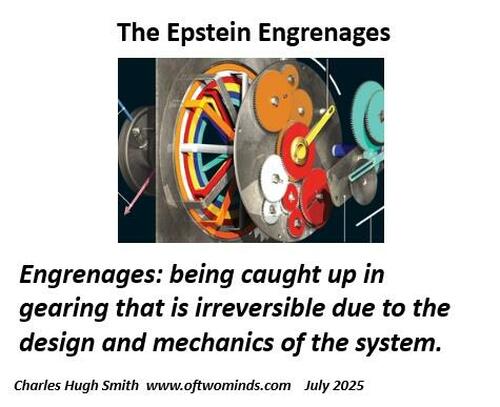
Эпштейн и взрывной кризис Глубинного государства (15 июля 2019) Поскольку борьба идет за легитимность государства, она должна вестись хотя бы частично открыто.
** **
Ознакомьтесь с моей новой книгой «Ультрапроцессированная жизнь».
Станьте меценатом моей работы за 3 доллара в месяц через patreon.com.
Подпишитесь на мой Substack бесплатно
Тайлер Дерден
Солнце, 07/27/2025 - 10:30




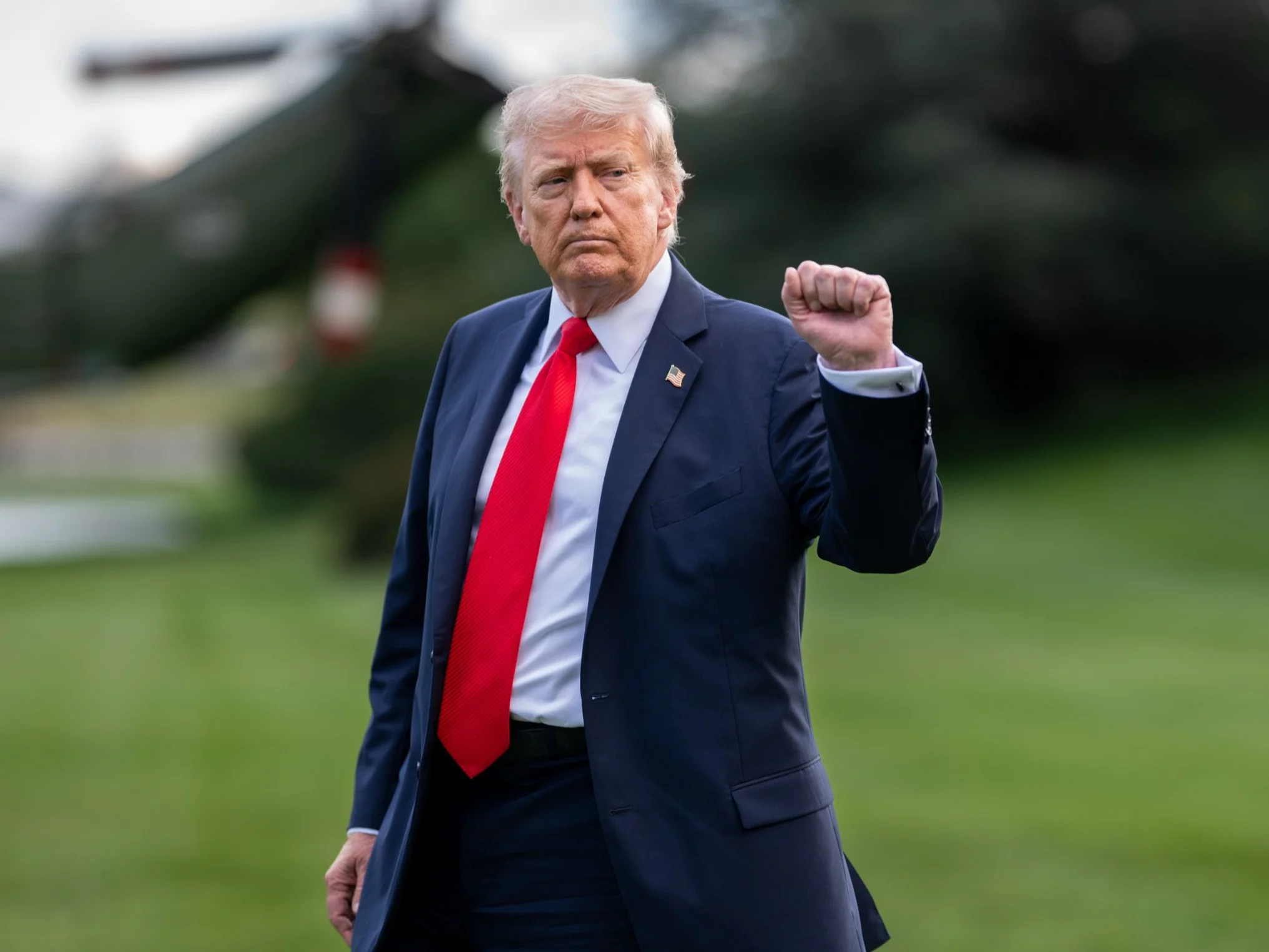

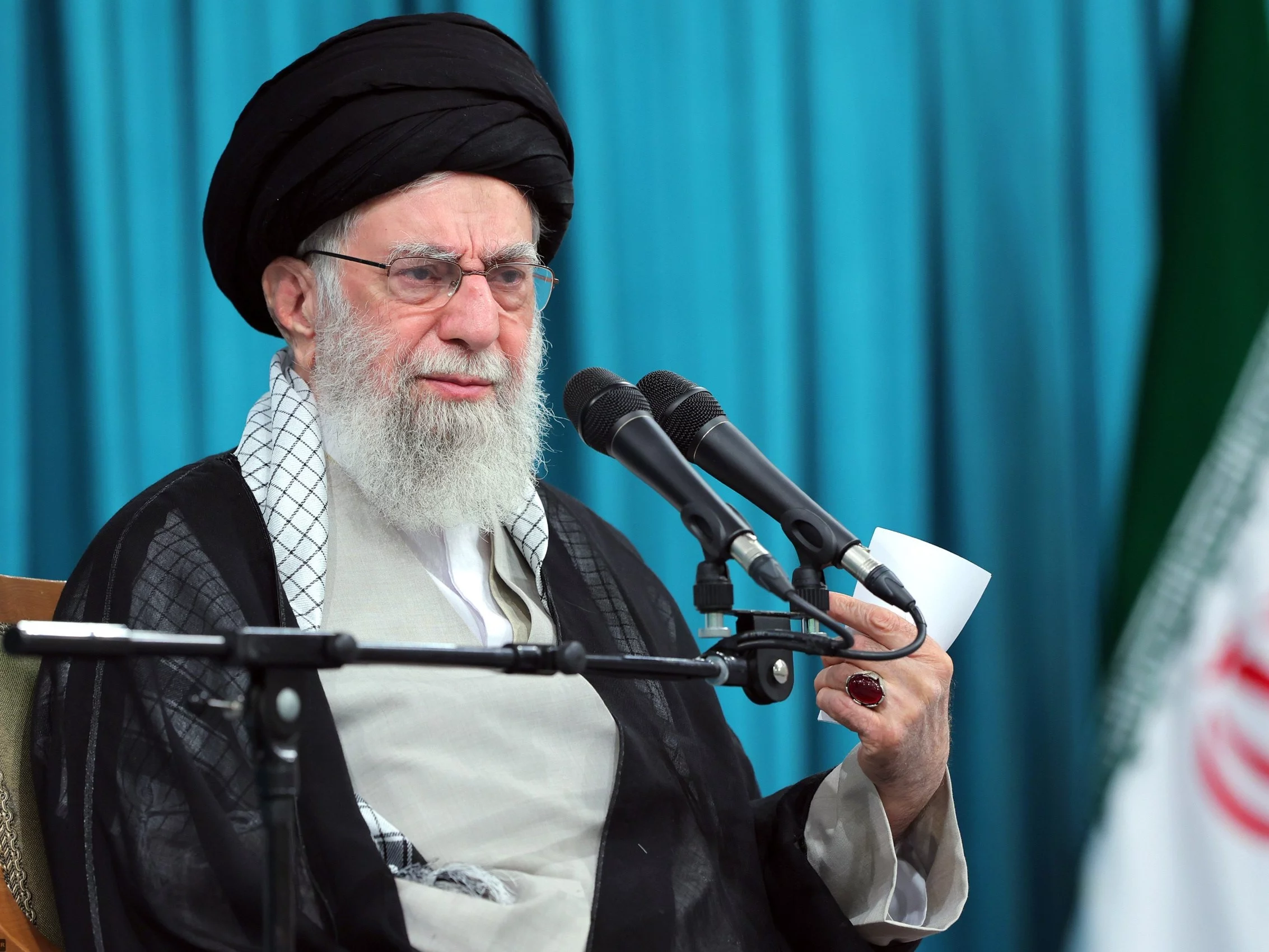

![W "Piątce" wiedzą, iż bezpieczeństwo to podstawa! [ZDJĘCIA]](https://www.eostroleka.pl/luba/dane/pliki/zdjecia/2025/557735075_1431347902326116_6686935248664708856_n.jpg)

